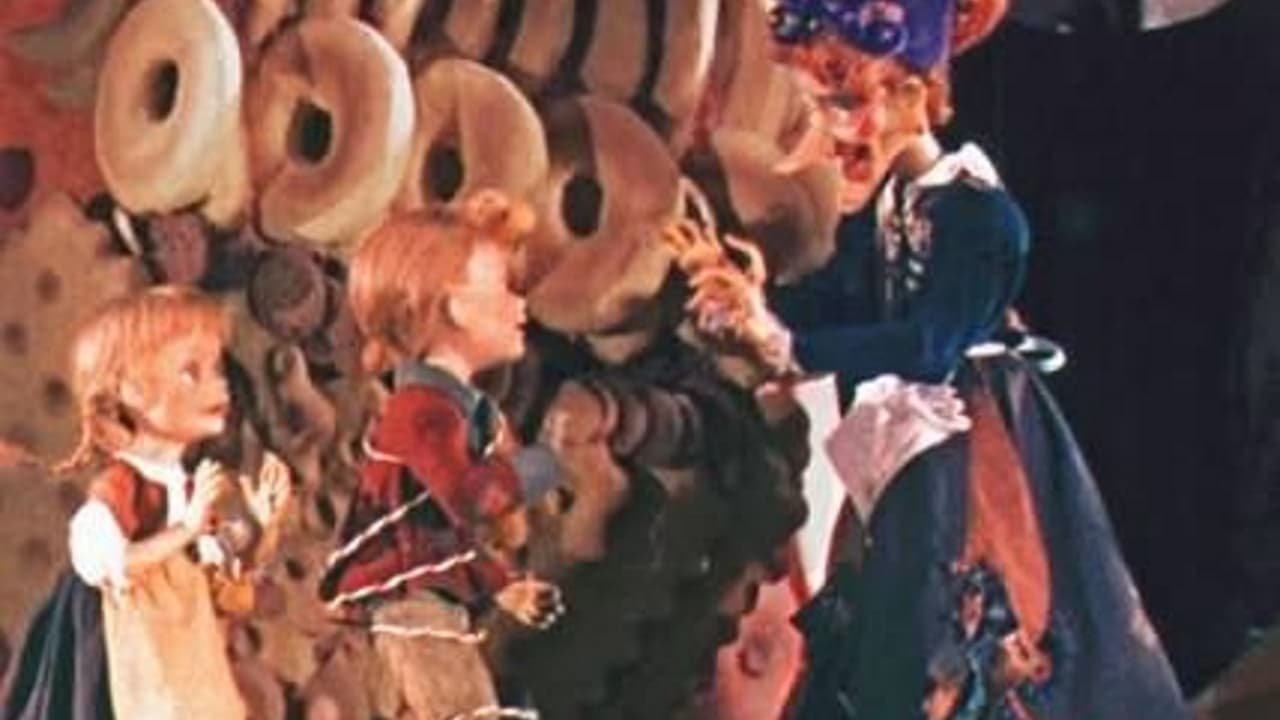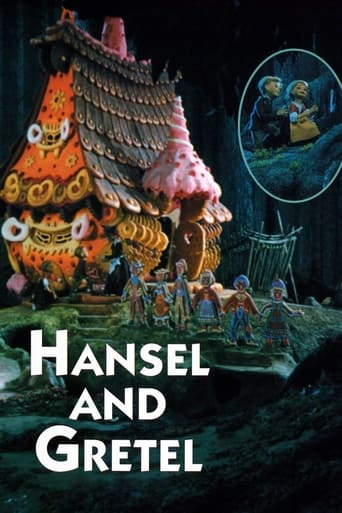



It's the kind of movie you'll want to see a second time with someone who hasn't seen it yet, to remember what it was like to watch it for the first time.
View MoreThe movie's neither hopeful in contrived ways, nor hopeless in different contrived ways. Somehow it manages to be wonderful
View MoreLet me be very fair here, this is not the best movie in my opinion. But, this movie is fun, it has purpose and is very enjoyable to watch.
View MoreThe tone of this movie is interesting -- the stakes are both dramatic and high, but it's balanced with a lot of fun, tongue and cheek dialogue.
View MoreI found the other comments to be enlightening, especially with regard to the hurry-up conclusion.However, I know for a fact that the boys' choir used in this movie was no a European choir, but the Apollo Boys Choir, originally of Palm Beach, Florida, that moved to Dallas, Texas until its director, Coleman Cooper, retired. It is unfortunately no longer in operation. During the Depression, the choir toured the United States in limousines, not buses, and sang for President Roosevelt at the Hot Springs resort where he escaped the pressures of Washington DC. The choir accompanist, Mr. Bert Hallack, is a resident of Palm Beach.One famous former chorister of this choir is George Bragg, who founded the Texas Boys Boys (of Fort Worth).
View MoreDespite its European, "old world" look, Hansel and Gretel was made in New York City. Indeed the comments to the contrary are a tribute to the filmmakers' success in evoking a genuine fairy tale style. Nonetheless, the film was shot using conventional stop-motion puppets (notwithstanding the producer's claims to using some sort of mysterious "electronic" method) in the main room of an abandoned courthouse which is still standing at the corner of Second Avenue and Second Street in New York City. The large set was built in the main chamber on the second floor (now the largest of several theaters in what is currently (2005) the Anthology Film Archives).Apparently electromagnets were used to hold the stop-motion puppets in place during some sequences, but normal procedures were used for the rest. This and some hype that lured in backers may account for the mistaken report that they are electronic puppets. They were solid, armature puppets and not clay (or "claymation") dolls.The set survived the production and actually toured county fairs as a fairy tale exhibit for many years after the completion of the film.
View MoreThis is a stop-motion animation film of the Hansel and Gretel fairy tale, done, apparently, somewhere in Europe--the Austrian Apollo Boys Choir does the background vocals, so the film could have been made there or in nearby Hungary or Czechoslovakia, both of which were producing well-done animation films--but passed off as an American film, which it is not. Considering the time it was made and the conditions existing in Europe during that period, it is an admirable attempt indeed. The stop-motion, while not up to the standards of Ray Harryhausen, who was doing similar work at the time, is still well-done, and great care was obviously taken in the dubbing and scoring of the film. The background music is at times a bit overpowering, and there are spots where the dialogue is drowned out by it, but there are some imaginative touches throughout and and some visually beautiful moments. Children who are used to today's high-tech computer animation may not be impressed technically, but the film overall should appeal to them. Recommended.
View MoreIts hard to find this movie. It was an import (from Eastern Europe somewhere) but you'd never know it from the care in dubbing. It's the opera, but trimmed to essentials and clearly aimed at children. I was absolutely enchanted by it as a youngster, less enthralled to see it as an adult. But then TV prints left a lot to be desired. It was a lovely looking movie. The record was available on LP for ages. Pity young people can't get to know this charming stop-motion film.
View More